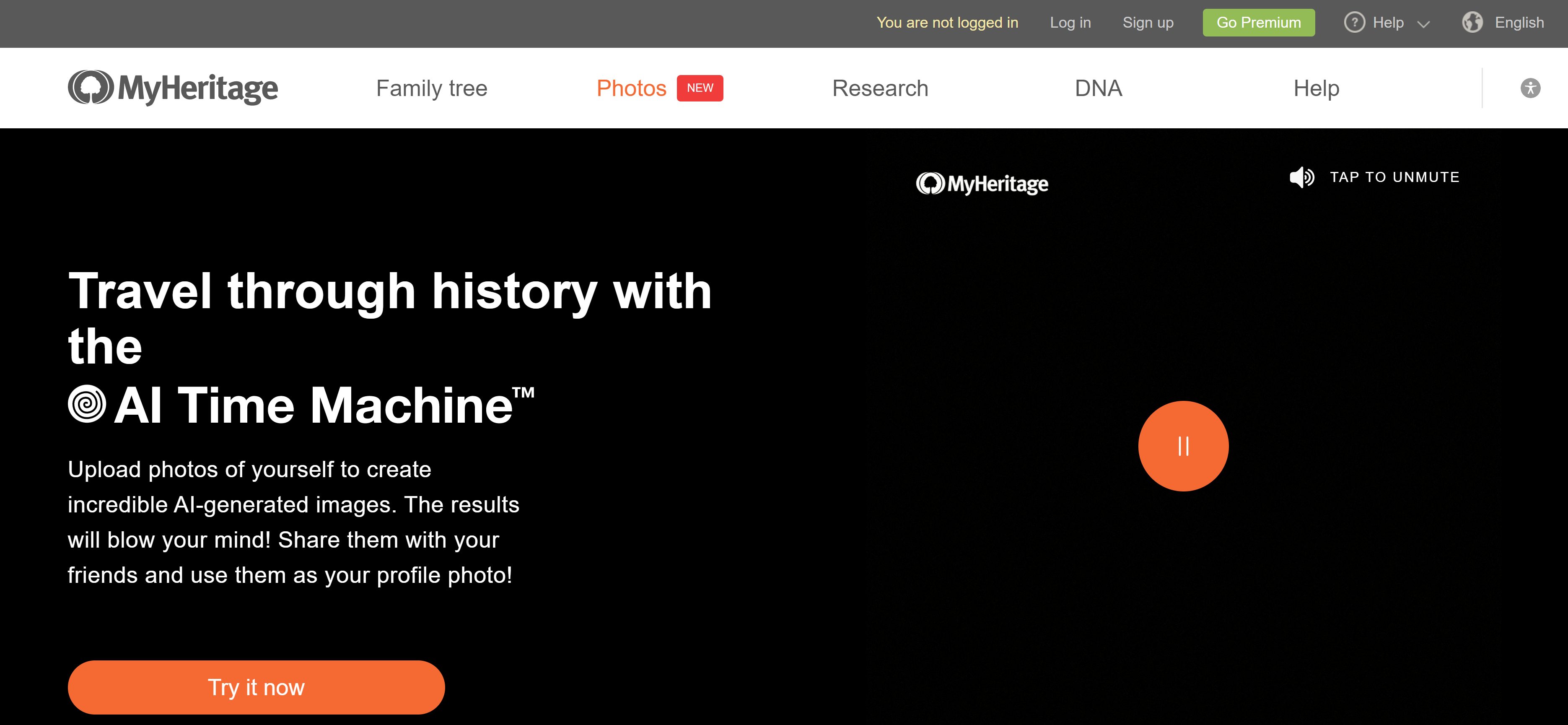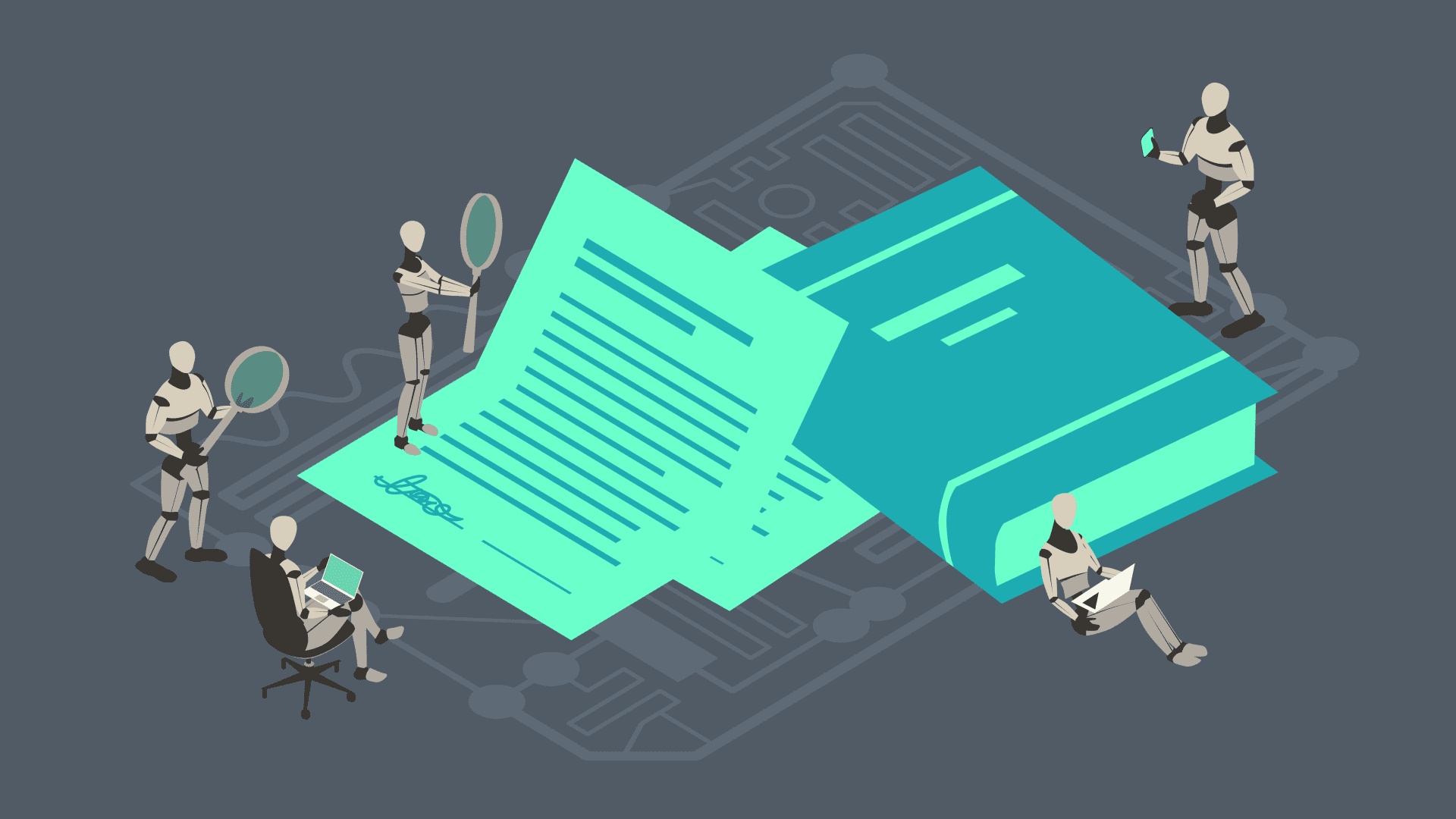Imagine a world where you could step into the past or glimpse into the future with just a click. This is no longer the stuff of science fiction but a reality made possible by cutting-edge innovations like the AI time machine. With its ability to process vast amounts of data and simulate historical or futuristic scenarios, this technology is transforming how we understand time and its implications on human life. From historians and researchers to curious individuals, the AI time machine is becoming a vital tool for unlocking the mysteries of the past and preparing for the unknown future.
The concept behind the AI time machine is simple yet profound. By leveraging advanced algorithms, machine learning, and data analytics, this technology reconstructs events, trends, and patterns from history while also predicting potential outcomes in the future. Whether you're exploring ancient civilizations, analyzing economic shifts, or forecasting climate change, the AI time machine offers unparalleled insights that were once unimaginable. Its growing popularity has sparked conversations about its applications, ethical considerations, and the transformative impact it has on various industries.
As more people discover the potential of this groundbreaking technology, the demand for accessible and engaging content about the AI time machine continues to rise. From educational platforms to entertainment, this tool is reshaping how we interact with time. In this article, we will delve into the intricacies of this innovation, answer your burning questions, and explore how it can be harnessed to create meaningful experiences. Let’s embark on a journey to uncover the limitless possibilities of the AI time machine.
Read also:Exploring The Vibrant Neighborhood Of Ft Lauderdale Milton A Hidden Gem In South Florida
Table of Contents
- What is an AI Time Machine?
- How Does the AI Time Machine Work?
- Why is the AI Time Machine Important?
- Can the AI Time Machine Predict the Future?
- What Are the Ethical Concerns of Using AI Time Machine?
- Applications of the AI Time Machine in Different Fields
- How to Use the AI Time Machine Effectively?
- Who Are the Pioneers Behind the AI Time Machine?
- What Are the Limitations of the AI Time Machine?
- The Future of the AI Time Machine
What is an AI Time Machine?
The AI time machine is not a physical device but a sophisticated system powered by artificial intelligence that allows users to explore and analyze time-related data. It combines historical records, statistical models, and predictive algorithms to create simulations of past events or future possibilities. This technology is widely used in fields such as archaeology, economics, and climate science, where understanding time-related patterns is crucial.
Unlike traditional methods of studying history or forecasting trends, the AI time machine provides a dynamic and interactive experience. For example, historians can use it to recreate ancient cities, while economists can simulate market conditions to predict financial outcomes. Its versatility and accuracy make it an indispensable tool for anyone interested in the flow of time.
How Does the AI Time Machine Work?
The AI time machine operates by processing large datasets and identifying patterns that humans might overlook. It uses machine learning algorithms to analyze historical data, such as documents, images, and statistical records, to reconstruct past events. Similarly, it employs predictive modeling to forecast future scenarios based on current trends.
For instance, researchers studying climate change can input decades of weather data into the AI time machine to simulate potential environmental impacts. This process involves multiple layers of computation, ensuring that the results are as accurate and reliable as possible.
Why is the AI Time Machine Important?
The importance of the AI time machine cannot be overstated. It bridges the gap between the past, present, and future, offering insights that can drive decision-making and innovation. By understanding historical trends, we can better prepare for future challenges and opportunities.
In education, the AI time machine serves as a powerful teaching tool, making history and science more engaging for students. In business, it helps companies anticipate market shifts and stay ahead of the competition. Its applications are vast, making it a cornerstone of modern technological advancement.
Read also:Film Blue Korea A Journey Through Cinematic Excellence
Can the AI Time Machine Predict the Future?
One of the most intriguing questions about the AI time machine is whether it can truly predict the future. While it cannot foresee events with absolute certainty, it can provide highly accurate forecasts based on existing data. For example, it can analyze economic indicators to predict recessions or study demographic trends to anticipate population growth.
However, it’s important to note that predictions are only as reliable as the data they are based on. The AI time machine relies on historical patterns, which may not account for unforeseen variables or disruptions. Nevertheless, its ability to simulate potential outcomes makes it an invaluable resource for planning and strategizing.
What Are the Ethical Concerns of Using AI Time Machine?
As with any powerful technology, the AI time machine raises ethical concerns. One major issue is the potential misuse of data. For example, if sensitive historical records are used without proper consent, it could lead to privacy violations or misinformation.
Additionally, there is the risk of over-reliance on predictions. If decision-makers place too much trust in the AI time machine’s forecasts, they may overlook other critical factors. Striking a balance between leveraging its capabilities and maintaining human oversight is essential to ensure ethical and responsible use.
Applications of the AI Time Machine in Different Fields
The AI time machine has a wide range of applications across various industries. Below are some examples:
- Archaeology: Recreating ancient civilizations and understanding cultural evolution.
- Economics: Analyzing market trends and predicting financial outcomes.
- Climate Science: Simulating environmental changes to address global challenges.
- Healthcare: Studying disease patterns to improve medical research and treatment.
How to Use the AI Time Machine Effectively?
To maximize the benefits of the AI time machine, users must understand its capabilities and limitations. Here are some tips for effective use:
- Gather high-quality and relevant data for analysis.
- Set clear objectives for what you want to achieve.
- Combine AI insights with human expertise for a balanced perspective.
- Regularly update datasets to ensure accuracy and relevance.
Who Are the Pioneers Behind the AI Time Machine?
Several individuals and organizations have contributed to the development of the AI time machine. Below is a table highlighting some of the key figures in this field:
| Name | Role | Contributions |
|---|---|---|
| Dr. Emily Carter | Lead Researcher | Developed predictive algorithms for climate modeling. |
| Johnathan Reed | Software Engineer | Designed the user interface for interactive simulations. |
| Dr. Maria Lopez | Data Scientist | Analyzed historical datasets to enhance accuracy. |
What Are the Limitations of the AI Time Machine?
While the AI time machine is a remarkable innovation, it is not without its limitations. Some of the challenges include:
- Dependence on the quality and availability of data.
- Inability to account for unforeseen variables or disruptions.
- Potential biases in historical records affecting outcomes.
The Future of the AI Time Machine
The future of the AI time machine is incredibly promising. As technology continues to evolve, we can expect even more sophisticated simulations and predictions. Researchers are exploring ways to integrate real-time data streams, making the AI time machine more responsive and dynamic.
Moreover, advancements in quantum computing could further enhance its capabilities, enabling faster and more accurate analyses. With its potential to revolutionize industries and improve lives, the AI time machine is poised to become an integral part of our technological landscape.
In conclusion, the AI time machine represents a groundbreaking leap in how we interact with time. By providing insights into the past and predictions for the future, it empowers individuals and organizations to make informed decisions. As we continue to explore its possibilities, one thing is clear: the AI time machine is here to stay, shaping the way we understand and navigate the complexities of time.

